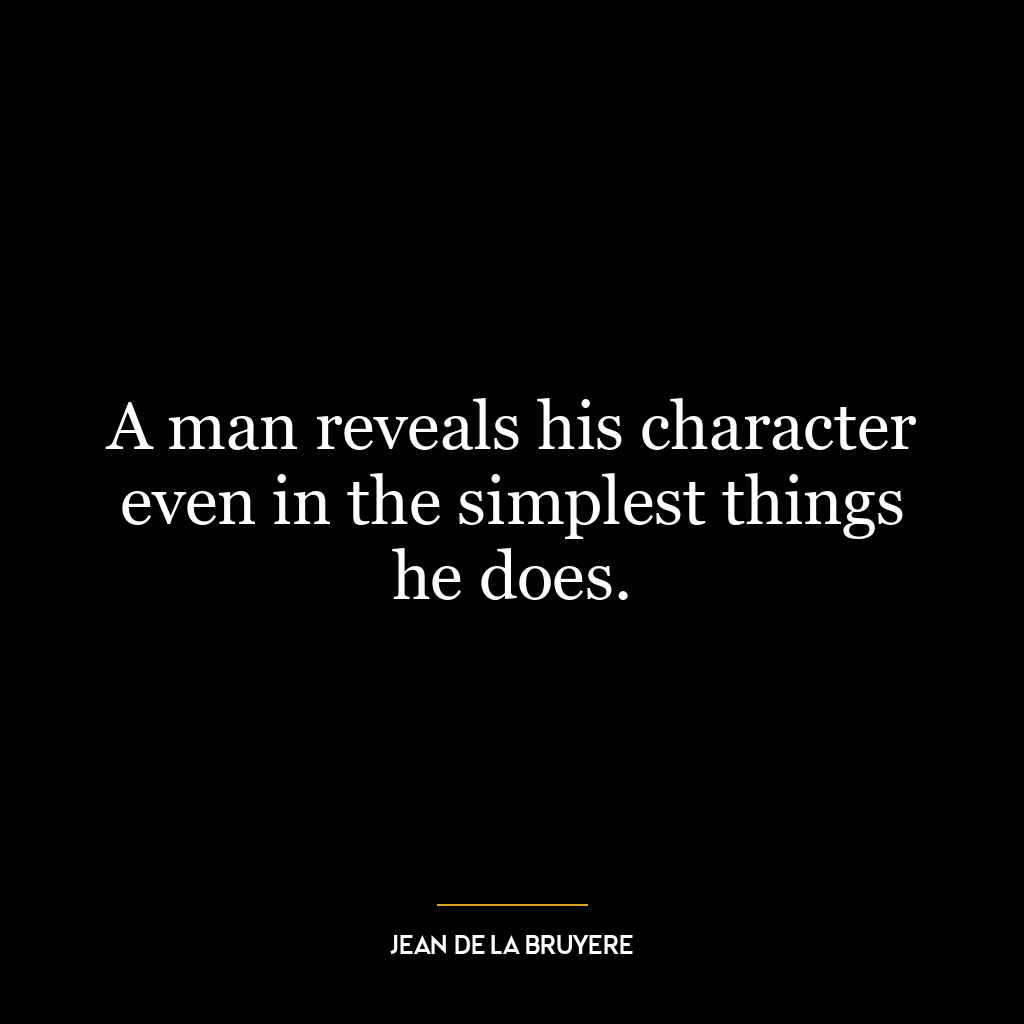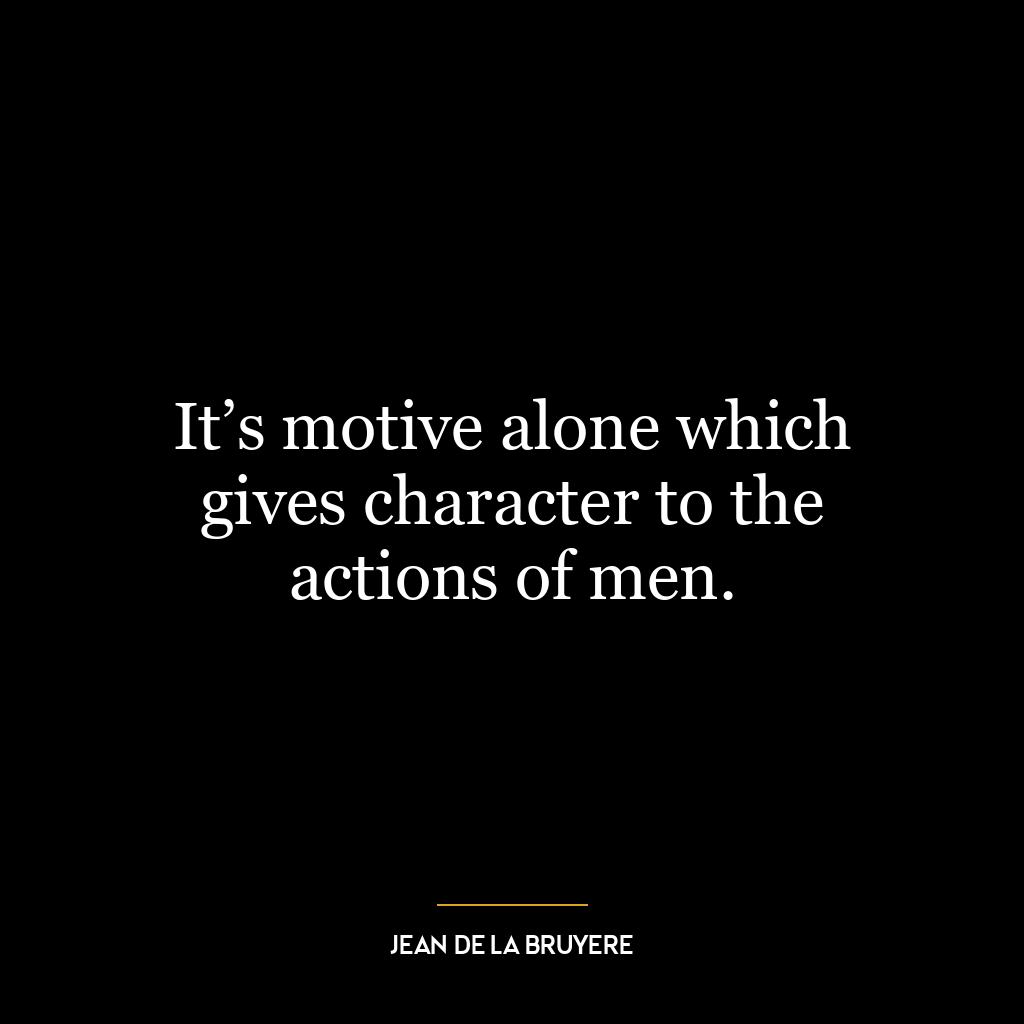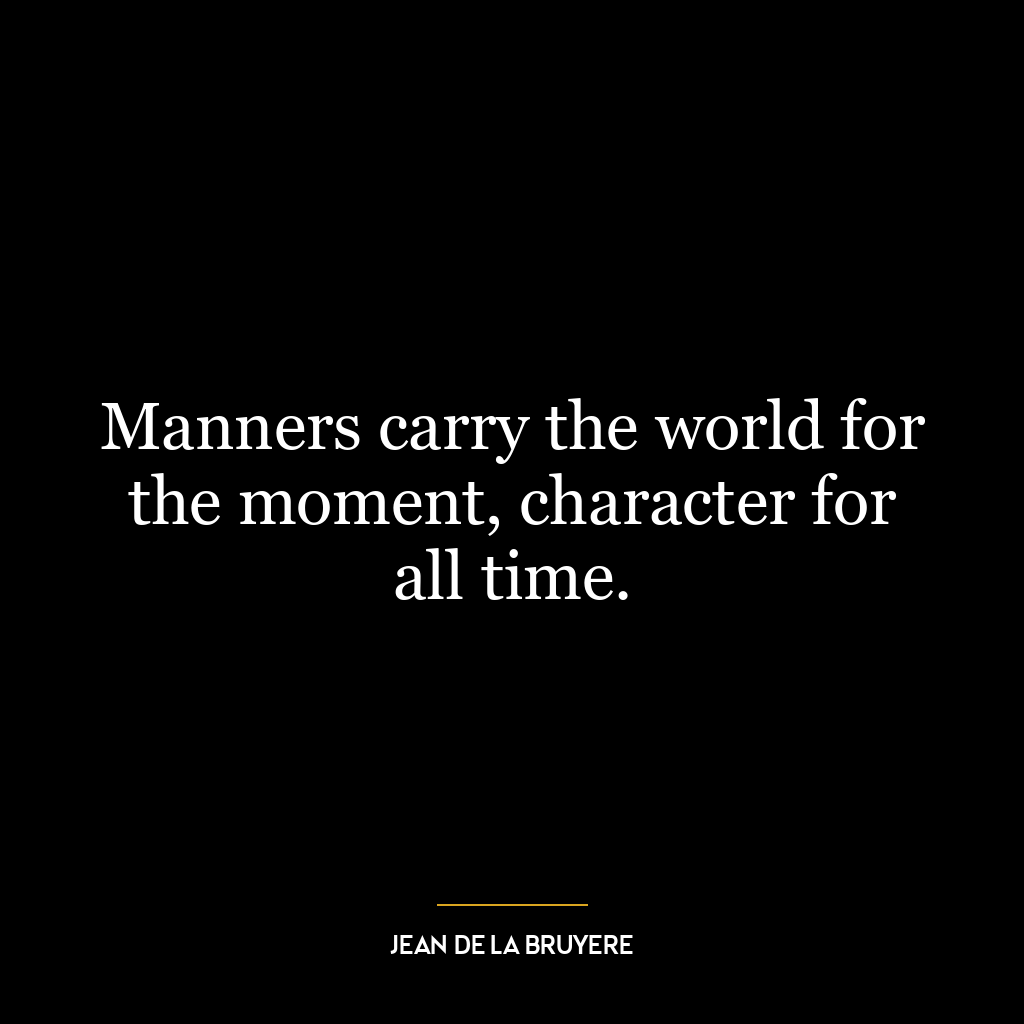Simplicity in character, in manners, in style; in all things the supreme excellence is simplicity.
This quote emphasizes the importance and value of simplicity in all aspects of life. When Longfellow refers to “character,” he suggests that a person’s true nature should be straightforward and honest, free from pretense or complication. In terms of “manners,” he implies that interactions should be genuine and unpretentious, without unnecessary formalities or affectations. Regarding “style,” he proposes that elegance and appeal don’t rely on extravagance or complexity, but rather on the simplicity and clarity of expression.
In today’s world, this idea is particularly relevant. We live in an era of information overload, where complexity and confusion often reign. In such a context, simplicity becomes a powerful tool. In personal development, this could mean focusing on one’s core values and goals, rather than getting lost in the noise of societal expectations and pressures. It might mean decluttering one’s life, both physically and mentally, to create space for what truly matters.
In communication, simplicity can increase understanding and connection. Whether in writing, speaking, or visual design, a simple, clear message is often more effective than one that’s complex and difficult to decipher. In relationships, simplicity might mean being authentic and transparent, rather than playing games or wearing masks.
In essence, simplicity can be seen as a path to authenticity, clarity, and focus. It’s about stripping away the unnecessary, the distracting, and the superficial, to reveal the essence of who we are and what we want. This is the “supreme excellence” that Longfellow speaks of: a state of being that’s not only simple but also deeply profound.








